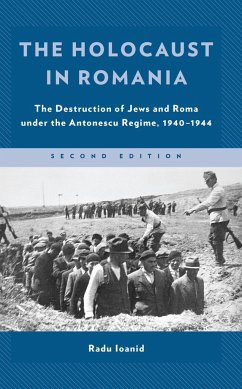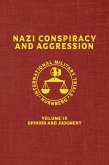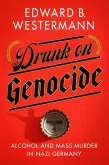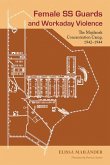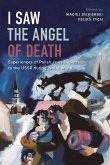After 1948, the 370,000 Jews of Romania who survived the Holocaust became one of the main sources of immigration for the new state of Israel as almost all left their homeland to settle in Palestine and Israel. Romaniäs decision to allow its Jews to leave was baldly practical: Israel paid for them, and Romania wanted influence in the Middle East. For its part, Israel was rescuing a community threatened by economic and cultural extinction and at the same time strengthening itself with a massive infusion of new immigrants. In this thoroughly updated edition, Radu Ioanid traces the secret history of the longest and most expensive ransom arrangement in recent times, a hidden exchange that lasted until the fall of the Communist regime. Drawing on a wealth of oral testimonies, recently declassified documents from the archives of the Romanian secret police, and newly available material from the government archives of Ukraine, Moldova, Russia, and Germany, Ioanid follows Israel¿s long and expensive ransom arrangement with Communist Romania. He uncovers the elaborate mechanisms that made it successful for decades, the shadowy figures responsible, and the secret channels of communication and payment. The book sheds new light on Romaniäs pre-fascist and fascist antisemitic legislation and its implementation. Ioanid explores in greater detail the physical destruction of Romaniäs Jewish and Roma communities, including the pogroms of Bucharest and Iasi as well as the deportations and the massacres from Bessarabia, Bukovina, and Transnistria. New chapters consider the forced labor of the Jews, persecution by the Protestant churches, and the decision-making process of the Antonescu government in its treatment of Jews and Roma. As suspenseful as a Cold-War thriller, his book tells the full, startling story of an unprecedented slave trade and its origins.

